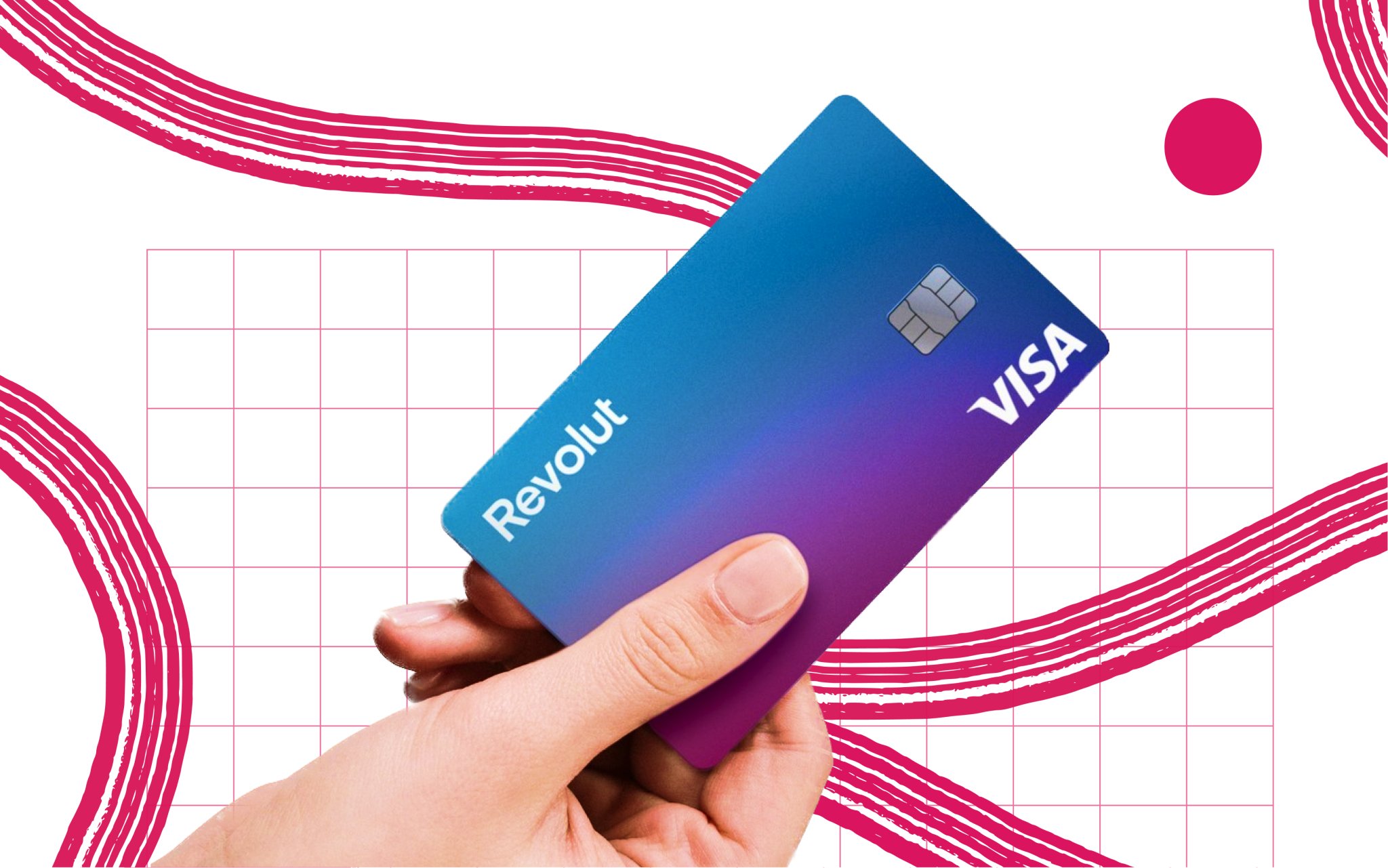Klarna is now the second most valuable fintech startup in the world after the Buy Now Pay Later company on Friday announced it had raised $639m in fresh money at a $45.6bn post-money valuation.
The new valuation represents a 47% increase over Klarna’s valuation of $31bn in early March, when it raised $1bn, and a 330% increase over its $10.6bn valuation last September. It makes Klarna second in value only to Stripe, which is worth $95bn.
Klarna said that it was going to use the money to continue its rapid expansion plans in the US, saying that with more than 18m American consumers now using Klarna up from 10m at the end of last year’s third quarter.
The company, which has also been mulling an initial public offering, has benefited from the increase in online shopping during the pandemic, and investors are betting that this is an accelerating trend.
👉 Read: Klarna's valuation history: explained
SoftBank’s Vision Fund 2 led the latest round, which also included participation from existing investors Adit Ventures, Honeycomb Asset Management and WestCap Group. Previous backers include Sequoia Capital, SilverLake, Dragoneer and Ant Group, among others.
Klarna allows shoppers to pay for products bought online later in the month or in instalments, effectively giving them an interest-free loan. For taking on this credit risk, Klarna charges retailers such as Asos or H&M each time it is used. Retailers like the service because they think it encourages shoppers to buy online.
Klarna is rare among European fintechs in that it has pretty much always been profitable since it was founded in 2005, with the exception of 2019 when it made a $93m loss. This was mainly due to challenges in the American market.
Despite originally seeing slow growth in the US, Klarna told Sifted in August 2019 that it was on the cusp of tapping into a monumental trend.
“There has been a massive amount of demographic shifts in the UK and in the US the last ten years that we were unaware of. Although credit card volume has grown about twice, debit card volume has grown tenfold and 70% of millennials in the US do not have a credit card, they only have a debit card,” Siemiatkowski told Sifted then.


